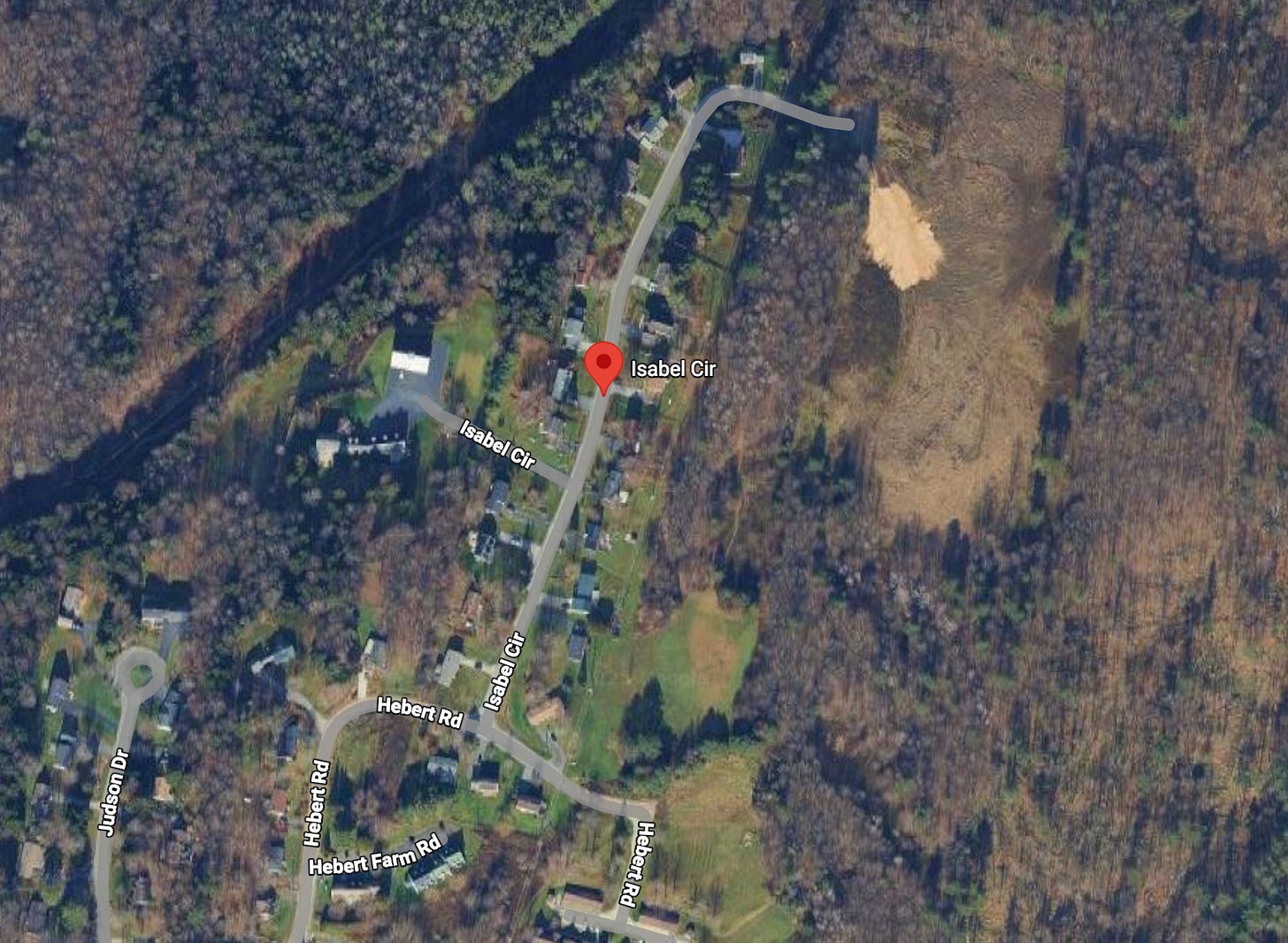A Calculated Pause? Stalled Montpelier Project Eyes New State Housing Fund
The timing of the pause coincides directly with the new Community and Housing Infrastructure Program (CHIP), a far more established and robust mechanism than the one Montpelier failed to implement.
MONTPELIER – When the developers of a 31-lot housing project announced last week they were suspending work on the fully permitted "Stonewall Meadows," they cited rising costs and economic uncertainty. But behind that conventional explanation lies a more complex story of a failed municipal partnership, a group of highly sophisticated developers, and the timely arrival of a powerful new state financing tool that could change the project's entire financial equation.
The pause on the $5 million-plus development came five months after the Montpelier City Council abruptly cancelled a vote on a proposed $1.5 million bond that was meant to fund the project's public infrastructure. The deal collapsed when the city’s own legal counsel determined that the bond, intended to be insured to protect taxpayers, might not qualify for tax-exempt status, leaving the city with an unworkable and risky proposition.
"This has been a learning exercise," Josh Jerome, the city's community and economic development specialist, told The Montpelier Bridge in January. "We've never done this before."
That lack of municipal experience stood in stark contrast to the development team. The partnership, Aacred Development Holdings, LLC, is a consortium of seasoned local real estate and political figures. It includes Barre City Mayor and veteran developer Thom Lauzon, who owns dozens of residential properties, and Pat Malone of Malone Properties, a firm with a long track record of major development projects in the Montpelier area.
For these experienced players, the city’s inability to execute its first-of-its-kind development agreement was a significant setback, leaving them to shoulder the entire multi-million dollar infrastructure cost alone.
While developer Gabe Lajeunesse stated the project was now "highly speculative," the timing of the pause is notable. It coincides directly with Governor Phil Scott signing a new housing bill that creates the Community and Housing Infrastructure Program (CHIP). CHIP is a tax increment financing (TIF) program that will allow municipalities to bond for infrastructure to support housing, with the debt paid back by the new property tax revenue the projects generate—a far more established and robust mechanism than the one Montpelier failed to implement.
This new state program presents a potential lifeline, and the developers' "pause" could be interpreted as a strategic pivot. Rather than moving forward with a financially challenging project, they can now wait for the CHIP regulations to be formalized. This allows them to potentially re-engage with the city of Montpelier, this time with a clear, state-sanctioned financial pathway to request public support for the roads and pipes the new neighborhood needs.
"We would love to see some public support that would make it more feasible," Lajeunesse said, adding that the group is "open to reengaging with the city and seeing if there is a strategic partnership."
That potential partnership now has a new playbook. The question is no longer whether Montpelier can invent a way to support a major housing project, but whether it will use the new state-provided tools to do so. For the developers of Stonewall Meadows, the pause may not be an end, but a calculated intermission before a second act, funded by the state.


